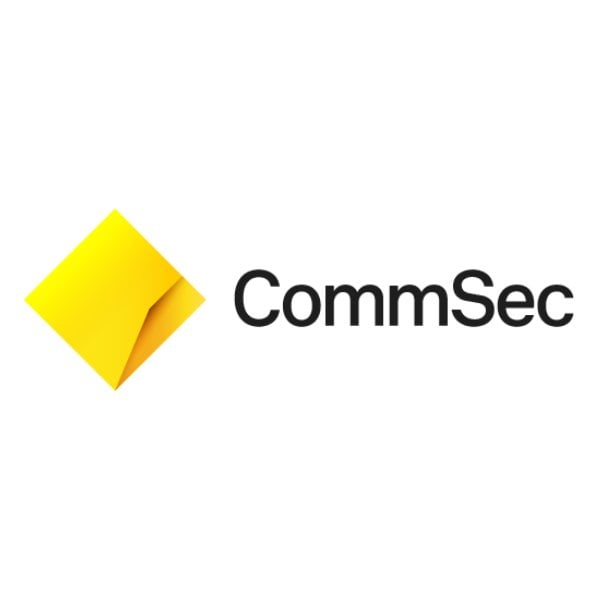

You’ve heard the too-good-to-be-true stories about investing in the share market. You’ve heard all the horror stories. And with anecdotes ranging from one extreme to the other, you’ve probably parked your investing ambitions to the side, even though being a total boss over your money is a major goal of yours.
Yeah… us too.
“I've had these conversations with my own girlfriends who say they don’t know anything about finance or investing. They go, ‘I don't know what I'm doing’, or ‘I'm a bit scared’, or they're unsure how to get started,” says CommSec market analyst Laura Besarati.
“But my number one tip is to start as soon as you can, even if it’s a little bit of money that you’re putting into the share market. That little bit of money, the longer you have it in there, the greater the opportunity you have to grow your wealth over time. And I guess that’s what we all want is to have more money, so why not start today?”
Here, Laura answers all of our questions, so that we can confidently make that first investment.
But first, what exactly is the share market?
If the words “share market” conjure images of Leo in The Wolf of Wall Street, you can pause right there (unless replaying images of Leo is your happy place). Laura says it’s more like a grocery store.
“Essentially the share market is a marketplace where you can buy and sell things, so think of it as a grocery store. You go to the grocery store, you pay money and you get something in return, whether it be milk, eggs, bread, or whatever it may be. It's the same thing in the share market,” says Laura.
“You're paying money and you're buying a share of a company, so it's just a different kind of marketplace. And in that marketplace, if the company's doing well and you own shares in that company, your investments will grow. So if you put in $50, and the company grows, now your shares are worth $60, for example, but it could go the other way as well.”